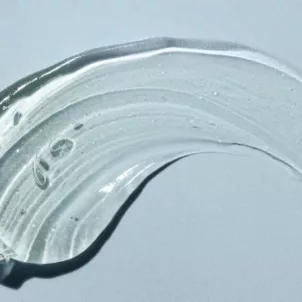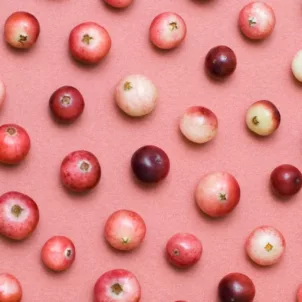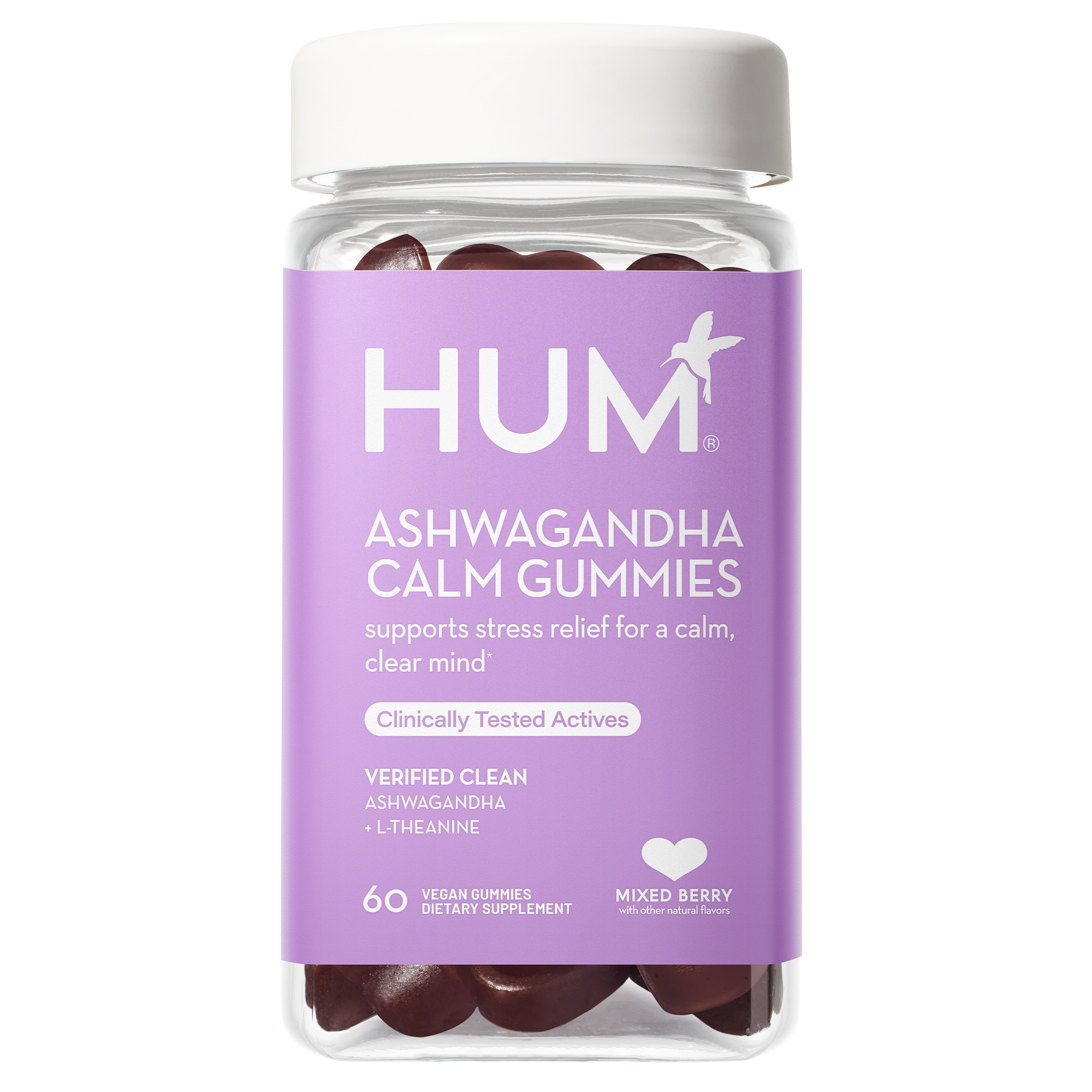There’s no doubt about it: sex can be complicated. If you have questions, we’ve got you covered. Experts break down the most common sex myths and facts.
Your high school sex education class may have covered the bare bones of sex, but it likely missed a lot of important information. If you have lots of questions about sexual wellness, you’re not alone. It’s a complicated and personal subject—and finding answers can be intimidating. “I think there is so much confusion around sex because it’s still socially taboo,” says Goody Howard, MPH, sex educator at Royal. “We are an oversexed culture that isn’t overeducated.” Meaning, there’s still a lot of mystery surrounding parts of sexual health and intimate care—that’s why we’re here to help.
We spoke to experts about some of the most common sex myths and facts. From intercourse to sex toys to vaginal health, our pros break down everything you never learned in the classroom.
MYTH: Sex Isn’t Successful Without An Orgasm
If you’re feeling the pressure to achieve the Big O, Howard says it’s not a necessity for a pleasurable experience. “You can have good sex without having an orgasm,” he says. “Sex is about exploring pleasure, and that doesn’t necessarily mean orgasm.”
In fact, he says that focusing too hard on finishing can detract from the overall experience of sex. “We focus so much on the Big O that the pleasure of experiencing another human being gets lost in translation,” he says. Keep in mind that many factors can affect your ability to orgasm (such as medication, sleep, and stress) Rather than pressuring yourself to orgasm, focus on enjoying the experience—and make sure you communicate with your partner about what you like.
MYTH: Low Sex Drive Is Uncommon

If you’re experiencing a decrease in sex drive, you’re not alone. “One-third of women report having a low sex drive,” says Cody Sanders, HHP, AADP, FN.
And it’s certainly not your fault: “Women are busy, we carry a big load of responsibilities and with this comes a big load of stress—and nothing kills the mood faster than stress,” says Sanders. “Other common causes of low libido could be not feeling confident in your own skin or being in an unhappy relationship.” There are also health concerns like thyroid issues, diabetes, anxiety, and depression that are known to reduce sex drive.
Your hormone levels also play a huge role in your sex drive, Sanders says. “Our hormones fluctuate throughout the entire month, so it’s normal to experience different levels of sex drive depending on what phase of our monthly cycle we’re in,” she says. “Women are most likely to experience their highest sex drive around the middle of their monthly cycle, during their ovulatory phase.”
If you’re dealing with low libido, Sanders says the best thing you can do is talk about it. “You can talk about trying to spice things up or ways that your partner can help reduce the amount of stress you’re experiencing or maybe see a sex therapist together to strengthen your bond and rekindle your flame,” she says. She also recommends talking to a trusted health practitioner who can give you natural solutions to support healthy hormone balance through lifestyle strategies, nutrition, and supplementation.
MYTH: Cranberry Juice Treats UTIs
You’ve likely seen this sex myth play out in movies: A woman gets a UTI and starts drinking cranberry juice to clear it up. Unfortunately, this really is just a myth. “There is no evidence suggesting that cranberry juice treats UTIs,” says Gaby Vaca-Flores, RDN, HUM’s educational specialist. “Urinary tract infections usually require antibiotic treatment.”
So why all the focus on cranberries when it comes to UTIs? “There is evidence that some cranberry juices may help reduce the likelihood of an infection,” Vaca-Flores says. “Usually, urinary tract issues will occur when there are imbalances that lead to an accumulation of bacteria such as E. coli. Fortunately, cranberry products and supplements that deliver enough proanthocyanidins, commonly known as cranberry PACs, can help prevent bacteria from sticking and therefore support a healthier urinary tract.” If you’re looking for a supplement, try HUM Nutrition’s Private Party, which is filled with cranberry PACs to help promote a healthy urinary tract.
MYTH: You Don’t Need to Pee After Sex
Here’s another way to promote urinary tract health and keep UTIs at bay. Studies have found that peeing right after sex is one of the most effective ways to keep your system clean. While heading to the bathroom immediately after you’re finished doesn’t sound enticing, it can definitely have its benefits. Sexual contact can push bacteria into your urethra, but going to the bathroom after doing the deed can flush it all out, helping to prevent UTIs. Try going to the bathroom right after you’re done—even if you feel like you don’t have to.
MYTH: You Need to Deep Clean Your Bits
There are so many products on the market that promise to make your genitals squeaky clean. But deep-cleaning down there could do more harm than good. Skip the harsh soaps or other products (think: douches). Not only can they be irritating, but they can also throw off the natural balance of the vagina (causing infections like bacterial vaginosis). Keep in mind that the vagina is self-cleaning and works to keep itself balanced and healthy. Stick to warm water and gentle soap, and let your bits do their thing. And if you’re experiencing pain, odor, or discomfort, consult a doctor.
MYTH: You Need to Groom Down There

Here’s the deal: removing pubic hair is a personal preference, it’s not a necessity. In fact, hair down there helps to reduce friction during sex and can protect against bacteria and other pathogens. If you want to bare it all, just make sure you’re safely removing the hair (exfoliate beforehand and use clean tools) and caring for the skin post-removal.
MYTH: You Can’t Get Pregnant On Your Period
Out of all the period sex myths floating around, this one is likely the most common. While you’re on your period, it’s less likely that you’ll get pregnant, but it’s definitely not impossible, according to the American Pregnancy Association. Sperm can live inside a woman’s reproductive system for up to five days, which means it’s possible to get pregnant while you’re on your cycle.
MYTH: Certain Foods Change the Way Semen Tastes
There are endless articles claiming certain foods (such as pineapple) can change the way semen tastes. But is it true? “At this time, there’s no evidence showing the relationship between food and semen taste,” Vaca-Flores says. “However, since food can affect other bodily fluids like sweat and saliva, there may be some merit to the notion that food can change the way semen tastes.”
MYTH: Using Sex Toys Can Desensitize You to Partners

You’ve seen the age-old myth play out on screen: Once a character uses a new sex toy, they’re desensitized to partners. But Howard says that simply isn’t true. “ As long as the lubricant is being used and the setting is experienced from slowest to fastest, you can’t desensitize your genitals with sex toys,” he says. Just make sure you’re properly sanitizing your toys after each use so that you don’t experience irritation or infection. (Looking for something new to play with? Check out our roundup of the best sex toys on the market, according to experts.)
MYTH: Masturbation is Something to be Ashamed Of
Whether you’re single or simply wanting a solo session, there is a lot of stigma surrounding masturbation. But in actuality, it can make you a better lover. “If you don’t know what you like, how can you communicate that to your partner(s)?,” Howard says.
It’s nothing to be ashamed of either, Howard says.“Self-pleasure is natural, but it should be done with clean hands and using lubricant,” “Using spit or lotion instead of lubricant can damage the blood vessels that are used during (clitoral and penile) erections.” Plus, it might lead to irritation or infection.
MYTH: Squirt from Women Is Pee
Howard is here to set the record straight: What women squirt out isn’t urine. “Squirt is made of prostatic fluid from the Skene’s gland (female prostate) and water from the bladder,” he explains. “It has trace amounts of urea in it because it’s expelled from the urethra, but so does ejaculate from a penis.”
MYTH: Penetration Is Required for an Orgasm
Another age-old myth that’s played out on screens? Penetration is required for an orgasm. And while it definitely might be the case for some, for others—especially women—other types of stimulation might be more effective (think: oral sex, foreplay, and more). “There are more than just genital orgasms,” Howard says. “Explore other ways to reach orgasm, like nipple play and mental stimulation.” A study found that women are less likely to climax than men, but they’re more likely to climax if their sexual encounter involves oral stimulation. Women who reported having an orgasm were more likely to also participate in other stimulating activities like talking about sex regularly, trying new positions, acting out fantasies.

The Best Lube for *Every* Type of Situation And How to Use Them

The Best Sex Toys For *Every* Situation, According to Sexperts

Cranberry PACs Are Like Magic for Your Urinary Tract, According to An RD






